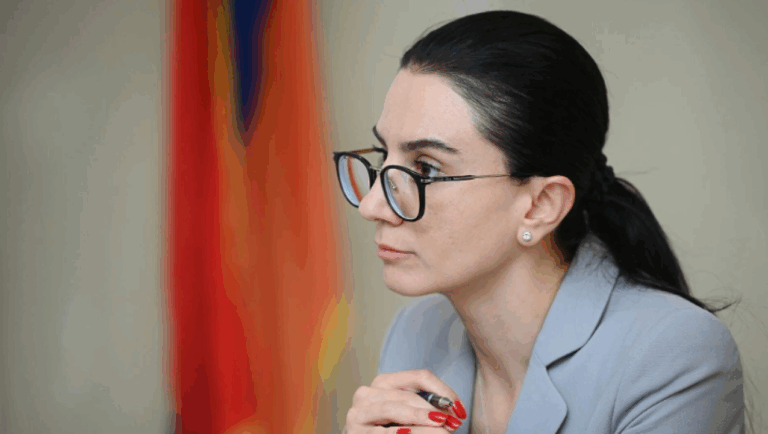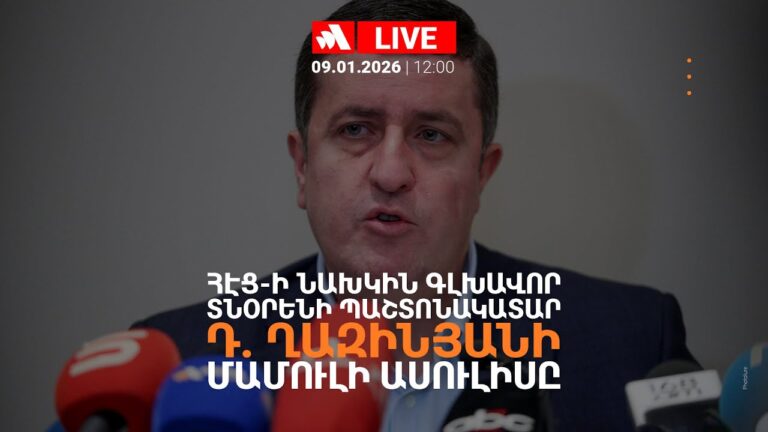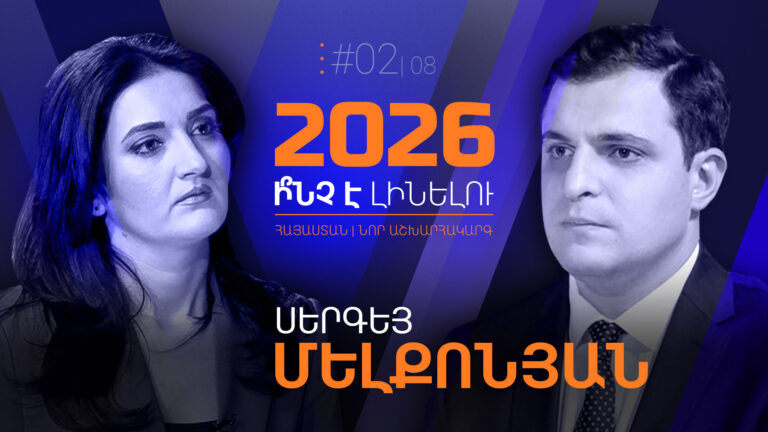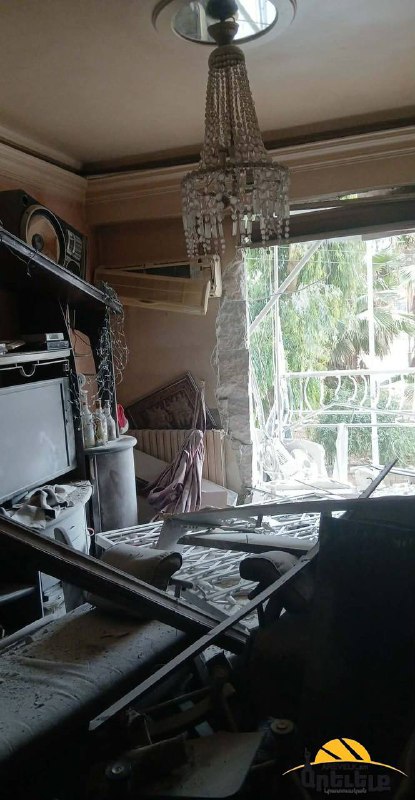It is impossible to jump from one weapon base to another, expert says
Speaking with Alpha News, Russian political scientist Marat Bashirov commented on the prospect of security cooperation between Armenia and the West.
According to the expert, Armenia has so far bought weapons produced by the Russian Federation on credit; therefore, expanding security guarantors for Armenia, which Armenian Prime Minister Nikol Pashinyan spoke about, is an extremely slow process in terms of weapons.
“If you have weapons systems that are used and produced in Russia, this will take a very long time to decommission them. In addition, this does not cancel your financial obligations; you will still need to pay for them. If you start using simultaneously, for example, NATO-standard weapons and weapons that are produced by Russia, then you will have difficulties since these are different standards, different technologies for conducting military operations, different qualifications, and even different compositions.
For example, artillery compositions according to Russian standards and artillery compositions—I mean, military compositions according to NATO standards—are completely different. Aircraft maintenance according to NATO standards is one thing, but maintenance according to the standards of Russia is another. That is, you will be forced to create two different repair bases. That is, all this leads to higher costs. On top of that, you will need to learn how to use this system. So, all this causes a huge number of organizational and financial problems. It’s impossible to jump from one weapons base to another,” Bashirov said.
According to the expert, “if Mr. Pashinyan hopes that Western arms suppliers will be as loyal as Russian ones, then he’s mistaken.”
“The West always has tougher financial conditions. Even if it is a loan, it is a loan with very high interest rates and guarantees. The Ukrainian conflict shows that Russian weapons are cheaper, especially when you need huge quantities. That is, if the number of shells that you are forced to use during combat operations amounts to hundreds of thousands and then to millions, the price matters. Armenia is not the richest country in the world,” he noted.
“Pashinyan is trying to change security policy and wants to seek the support of some countries in terms of their armed forces. That is, roughly speaking, if there is a sudden armed conflict between Azerbaijan and Armenia, then France, for example, should supposedly send its armed forces to support Armenia. But this is a very difficult story because it first requires the creation of bases, warehouses, and airports; that is, there must be convenient logistics for the aircraft or supplies.
Accordingly, this is also a very long process and, most importantly, requires some kind of political decision. We see that NATO countries, even in the situation with Ukraine, do not openly enter into conflict with Russia, so they are unlikely to enter into conflict with Azerbaijan, and Azerbaijan is the most obvious potential military adversary for Armenia. Here you also need to keep in mind that Azerbaijan has a certain power relationship with a NATO member, Turkey. So, from this point of view, for me, this is a purely populist statement made by Pashinyan for publicity. It did not scare anyone in Russia,” Bashirov concluded.







